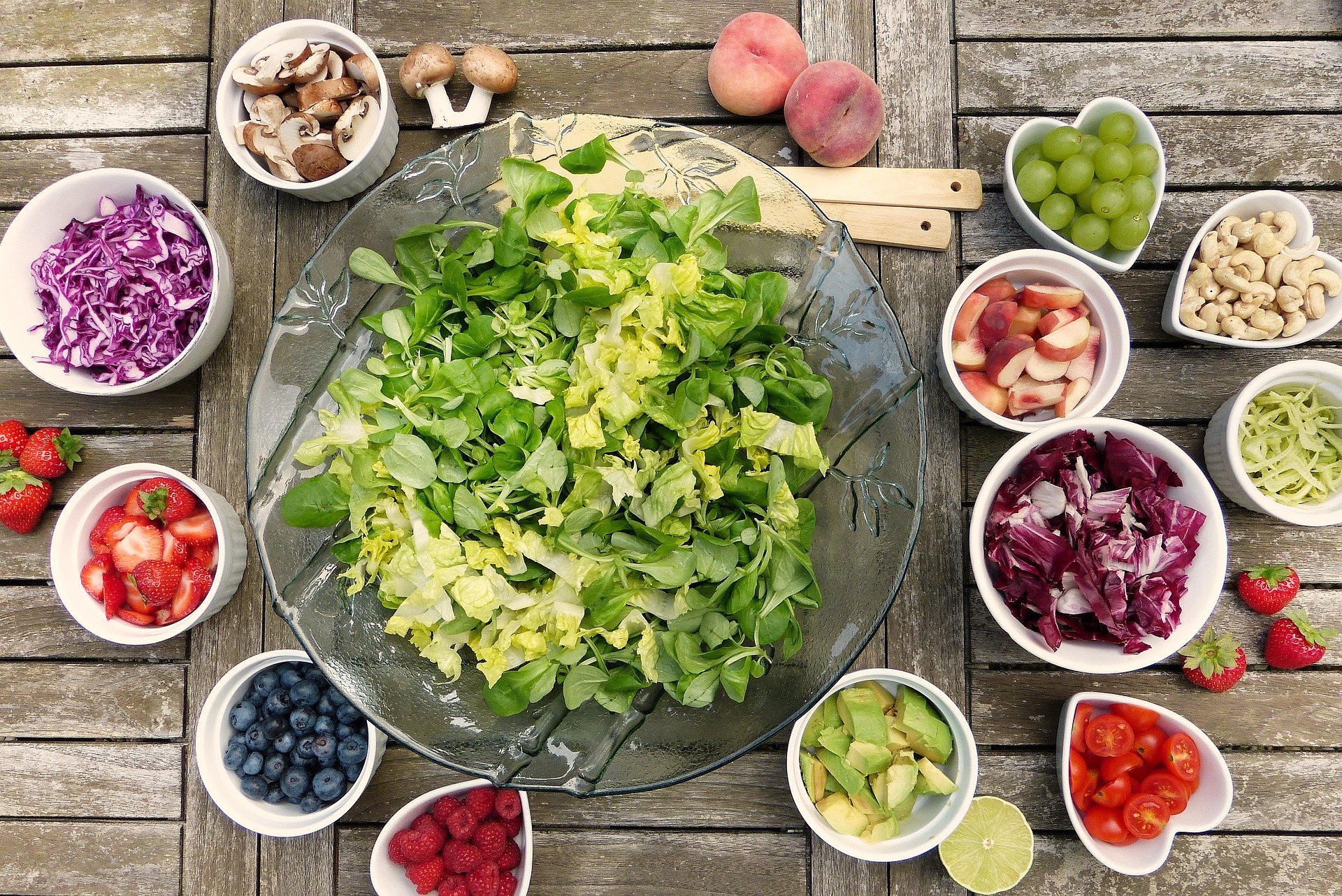Reviewed by Rose MacPherson
Thesis 
“The main purpose of this book is to offer suggestions on how to assist the natural fertility processes to function normally through self care, especially better nutrition” (97).
Unique Points
• “Raising your own eggs, meat, and milk” is recommended as an enjoyable and economical method of obtaining nutritious food (36).
• “Take your vitamins with breakfast and lunch, when you will appreciate the energy boost later in the day” (56).
Worldview
“Fertility, Cycles & Nutrition... has an inherently Catholic outlook... Whether or not you are Catholic or Christian, you will still find it a gentle, encouraging, and practical book, whether you are using it to overcome irregular cycles or to increase your chances of having a baby” (xii). Each chapter begins with a Bible verse concerning either food or the blessing of children, with the exception of one, which instead has a quotation from Sirach – part of the Apocrypha.
Recommendations
• Eat one serving of protein, three servings of whole grain, five servings of fruit and vegetables, and three servings of dairy and eggs each day (6-7).
• “Caffeine is a good slave but a bad master” (19).
• “Proper diet is a higher health priority than supplementation” (61).
• “Have a protein-rich snack before bedtime if you are prone to wake up during the night” (67).
Compare/Contrast with Other Books
- Several times, Fertility, Cycles & Nutrition recommends the microwave as an easy way to prepare food (22, 23, 25, 28). On the other hand, Nourishing Traditions, by Sally Fallon, calls for avoidance of the microwave “at all costs” (68). Her extreme caution is due to the fact that some studies suggest microwaves may kill vitamins and cause cancer.
- Mrs. Shannon says that babies, beginning at six months, should be fed small pieces of cooked vegetables but never be spoon-fed (26). Again, Nourishing Traditions disagrees, stating that babies should be fed “an egg yolk per day, beginning at four months” (600).
- Most drastic of all, Fertility, Cycles, & Nutrition refers to canola oil as “healthy” because it is not a trans fat (303). Nourishing Traditions declares this item “unsuited to human consumption” and asserts that processed canola oil contains “trans fat” (19).
My Critique
I appreciated the simple saying, “Caffeine is a good slave but a bad master” because many other books I have read contain conflicting ideas about coffee consumption. Some say to have none, while others strongly encourage it! Fertility, Cycles & Nutrition rests comfortably between these two extremes. I also enjoyed reading the true stories of how others have benefited from improved nutrition and supplementation.


